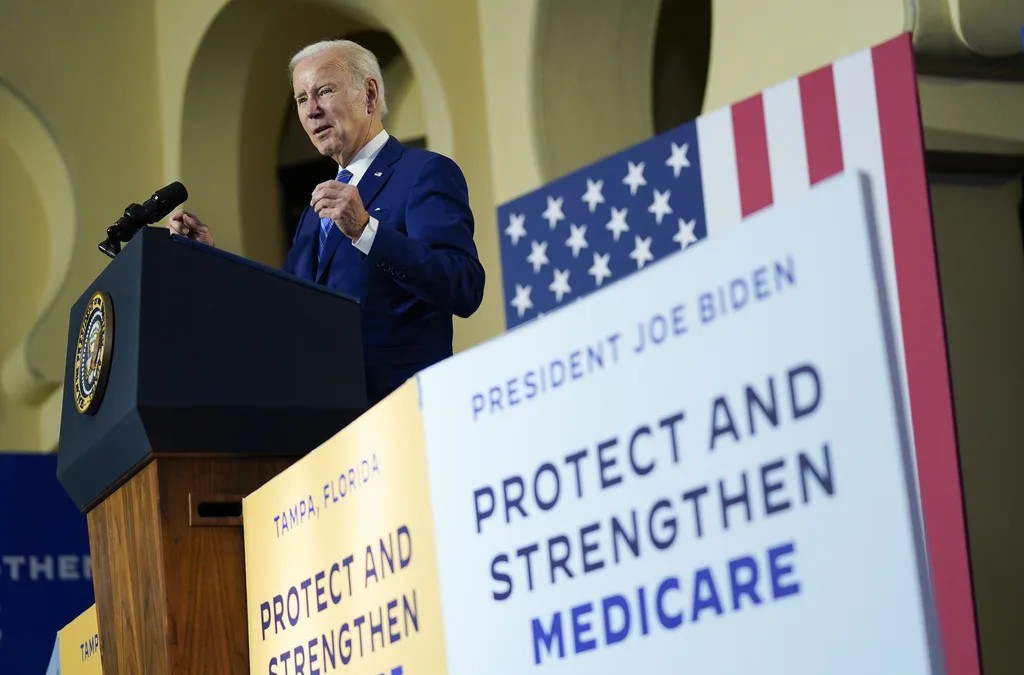
On March 16, the day before Iowa lawmakers voted to suspend the legislative session, House File 2602 was set for debate in the House Ways and Means Committee.
State Rep. Jeff Kurtz, D-Fort Madison, a member of the committee, was wary of leaving the Capitol for 30 days (at least), knowing this piece of legislation, among others, was critical for his constituents in District 83.
Committee meetings were canceled for the day as lawmakers grappled with whether to continue working in close quarters as the number of COVID-19 cases in the state and country grew. On March 17, the 2020 session officially was suspended.
The intent of HF 2602 is not headline-grabbing, though its importance is being felt now more than ever.
The bill, led by Rep. Stan Gustafson, R-Cumming, allows counties to designate emergency medical services (EMS), such as ambulance services, as an “essential county service.” In doing so, local governments could levy a separate tax to collect EMS-designated revenue. Currently, counties primarily use dollars from their general fund to keep EMS operational.
In Lee County, and in other rural communities across the state, funding ambulance services has become increasingly difficult since the state privatized Medicaid in 2016. Like hospital systems, health clinics and mental health providers, ambulance services have suffered from low reimbursement rates, or non-payment, from the managed care companies that now run Iowa’s Medicaid system.
“It’s the reality that there is a crisis in EMS reimbursement right now,” said Bill Young, executive director of Lee County EMS, according to the Pen City Current. “We’re not being reimbursed at the cost of services we provide on a daily basis.”
[inline-ad id=”0″]
In 2019, according to Iowa Department of Human Services Data, about 25% of Lee County residents received monthly Medicaid benefits.
On Friday, the Lee County Board of Supervisors authorized an emergency $36,000 payment to Lee County EMS so it could meet payroll obligations for March. Discussions between the county, cities and ambulance service are happening at a time when Gov. Kim Reynolds has advised no more than 10 people gather together at one time due to the coronavirus, further complicating the negotiations and forcing much of the local government’s business to be conducted over the phone.
A financially endangered ambulance service, serving a countywide population of 34,785, is troubling under any circumstances, let alone in the midst of a pandemic.
No positive cases of COVID-19 have been confirmed in Lee County, but neighboring Henry County reported its first case Saturday.
“Especially the way this virus hits, it hits people my age and older the hardest,” said Rep. Kurtz, whose House district covers a majority of Lee County. “Especially my House district, it has a lot of older people in it, so that’s why this is so serious right now. I think people are just starting to understand we haven’t seen the worst of this yet. God only knows what’s going to happen when that happens. I think the unknown holds a lot more fear than what we know.”
As of Tuesday morning, Iowa has confirmed 124 positive cases of COVID-19 in 30 counties.
Kurtz and state Sen. Rich Taylor, D-Mount Pleasant, are in touch with local, state and federal officials to try and reach a short-term solution for Lee County EMS. Because the Legislature is out of session and Congress is consumed with the coronavirus response, it is unclear what can be done legislatively. The release of an IRS lien on its bank account, Taylor said, will free up some funds for the locally-owned ambulance service, but only enough to cover immediate expenses.
[inline-ad id=”1″]
Lee County has a hospital in Fort Madison and one in Keokuk. Between the two medical centers the county has a total of 10 intensive care unit beds, according to a national analysis of ICU bed availability by Kaiser Health News.
Of the county’s roughly 34,000 residents, 26% are over 60 years old, leaving one ICU bed per 912 residents over 60. The Centers of Disease Control and Prevention considers people 65 and older among “those at high-risk for severe illness” from COVID-19, in addition to people with certain pre-existing health conditions and those who live in a nursing home or long-term care facility.
Neighboring Des Moines County, home to Burlington and Great River Medical Center, has 12 ICU beds.
If Lee County arrived at a point where an influx of patients required ICU beds, some likely would be taken to Iowa City, which has a hospital system already housing some of the state’s most medically vulnerable patients and is experiencing a shortage of personnel protective equipment for its employees as they try to treat and mitigate the spread of COVID-19.
If Lee County EMS is unable to operate, or has to dramatically reduce its fleet of ambulances, officials have discussed scenarios under which coronavirus patients would need to be transported to a hospital with more ICU beds.
“That’s something we’ve looked at,” Sen. Taylor said, “and Henry County has said that they will try to help, but Henry County I believe only has four ambulances for the entire county, so they’ve barely got enough. If they barely have enough for Henry County, I don’t know how they’d be able to help Lee County.”
Rep. Bobby Kaufmann, R-Wilton, and member of the Ways and Means Committee, also is an advocate of the legislation to allow counties to designate EMS as an essential service under Iowa Code.
“This is an extremely important bill,” Kaufmann said, in a video message before session was suspended, “and I’ll repeat the motto that I think defines the bill best: where you live should not depend on whether someone shows up to save your life.”
Taylor noted that while Lee County EMS and other businesses like it were struggling prior to the coronavirus outbreak, the urgent public health crisis “exacerbates the entire situation” and increases the stress on local officials.
“Hopefully this coronavirus will go through quickly,” Taylor said. “Doesn’t really look like that’s going to happen, but I guess all we can do is sit back and hope people that can isolate themselves do and bring the curve down.”
By Elizabeth Meyer
Posted 3/24/20
Politics

Biden cancels student loan debt for 2,690 more Iowans
The Biden administration on Friday announced its cancellation of an additional $7.4 billion in student debt for 277,000 borrowers, including 2,690...

The Republican war on Medicare raises the stakes in 2024
Nearly 670,000 Iowans rely on Medicare benefits—benefits they spent decades paying into, with the promise that the program would be there for them...
Local News

No more Kum & Go? New owner Maverik of Utah retiring famous brand
Will Kum & Go have come and gone by next year? One new report claims that's the plan by the store's new owners. The Iowa-based convenience store...

Here’s a recap of the biggest headlines Iowa celebs made In 2023
For these famous Iowans, 2023 was a year of controversy, career highlights, and full-circle moments. Here’s how 2023 went for the following Iowans:...




